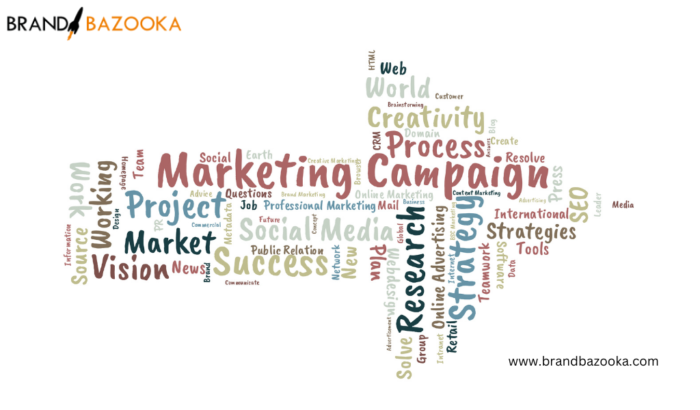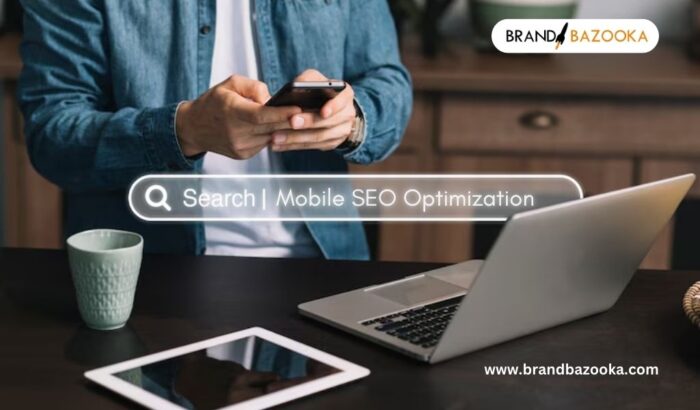Marketers are always on the look for new ways to market and reach out to potential customers in this day and age. Google AI has proven to be an amazing medium to connect brands with their existing and potential users. One of the most prominent ways it is used is offering personalised experiences using sophisticated algorithms and ML models. In this blog, we will discuss about how Google AI does this and how a marketer can take its advantage.
Introduction to Google AI
Google AI — the back-bone technology behind Google & Google cloud platform is one of the most significant drivers of making sure businesses accomplish their marketing target. It allows marketers to do the following by analysing data and understanding user behaviour;
- Target the right people at the right time
- Optimize the ad targeting with more accuracy
- Deliver customised content.
Now, let us go a little more in depth as to how Google AI is enabling personalised experiences that can change how we do marketing.
The Role of Personalisation in Marketing
Why Personalisation Matters
Consumers nowadays expect customized experiences that suit their desires. Personalisation as a customer segmentation strategy enables marketers to:
- Connect better with their audience.
- Increase customer satisfaction and loyalty
- Increase sales and conversions.
Challenges in Personalisation
Developing personal experiences can be complicated for several reasons:
- The massive amount of data involved.
- Problems in keenly predicting user behaviour.
- Offloading data without enwrapping privacy.
That is where you should use Google AI.
How Does Google AI Aid in Personalisation
Google AI uses cutting-edge technologies to streamline and enhance personalisation. Well, this is how it helps marketers in the following ways:
Audience Segmentation
This is how Google AI analyses large datasets and segments the audience. Such segmentation allows marketers to use:
- Categorize customers by age, interests, and behaviours.
- Customize marketing initiatives according to the audience requirement.
- Increase relevance and clicks on ads.
Predictive Analytics
Google AI predicts customer preferences and behaviours using machine learning. Marketers can:
- Forecast purchase patterns.
- Know what users might be looking for and send them messages associated with it.
- Adapt tactics in the moment for improved outcomes.
Dynamic Content Creation
It assist generate and optimize content with here are few of Google AI benefits in content generation.
- Based on audience insights, these are ad copies generated.
- Offering personalised product recommendations
- Making sure to target the content towards the desired user group
Enhanced Ad Targeting
AI-driven tools by Google, such as Google Ads and Display & Video 360, enhance targeting through:
- Finding those who are interested in purchasing something.
- How to serve the ads at the moments that matter most.
- Cutting low-intent audiences from wasted ad spend.
Voice Search Optimisation
Google AI is helping the marketers to adjust to the rise in voice assistants. Key benefits include:
- Processing queries that a layman would use.
- Well, answers to voice searches are also voice, for which it is necessary to provide correct answers.
- Designed for and targeting mobile-first users.
Virtual Assistant and Chatbots
Through the use of AI-powered chatbots, you can engage your users in real-time by many more.
- Answering queries promptly.
- Navigating prospects along the sales funnel
- Enhancing the entire customer journey.
A Real-World Application
How a Retail Brand Used Google AI for Personalisation
Development of an online shopping experience seems like a no-brainer for a leading fashion retailer. Google AI partnered with a key fashion retailer to help improve the customers online shopping experience. Here’s what they achieved:
- Improved Audience Understanding: AI detected customer behaviors and compiled them into segments ready for use.
- Dynamic product recommendations: 20% increase in average order value through personalized recommendations
- Enhanced Ad Performance: Click-through rates (CTR) of targeted campaigns were 35 greater than non-targeted campaigns.
It illustrates how Google AI turns data into cash benefits.
Steps to Leverage Google AI for Marketing
Here are the steps to take advantage of the power of Google AI:
Define Your Objectives
- Set Specific Goals for Your Marketing Campaign
- Think engagement, conversions, or customer loyalty here.
Collect and Organise Data
- Collect data across all possible touchpoints — from your websites, social media and customer relationship management (CRM) tools.
- Ensure that data is clean, structured, and compliant with the regulation of privacy shit.
Use Google AI Tools
Leverage tools like:
- Google Advertisement: For targeting purpose.
- Google Analytics: To get insight about user behaviour.
- Looker Studio: For designing personalized dashboards and reports.
Monitor and Optimise
- Regularly check how your campaigns are performing.
- Refine Strategies Using Google AI Insights
- You can begin with different approaches and see which way works better for your audience.
Benefits of Using Google AI in Marketing
Improved Efficiency
- Reduces work time and resources expended by automating repetitive tasks.
- Easy out processes like ad bidding and content creation.
Greater Accuracy
- Minimizes errors when analyzing the data and targeting.
- That your marketing efforts are targeted to the most relevant audience.
Enhanced ROI
- Getting the maximum impact by spending minimum budget amount
- Enhances the performance of marketing efforts.
Competitive Advantage
- Helps marketers stay ahead in the fast-changing digital world.
- Allows for rapid response to shifting consumer trends.
Also Read: How Generative AI Tools Impact SEO Content Strategies?
Conclusion
Marketers Taking Advantage of Google AI by personalising experiences, predicting behaviours and optimising campaigns — using data across every stage of the customer lifecycle — it helps businesses stay relevant and keep pace with the competition. Marketers can now nurture relations with their audiences and accomplish their goals wisely by embracing Google AI.
Integrating Google AI into your strategy is a move towards more intelligent and efficient marketing, whether you are a small business owner or an established marketing professional.







